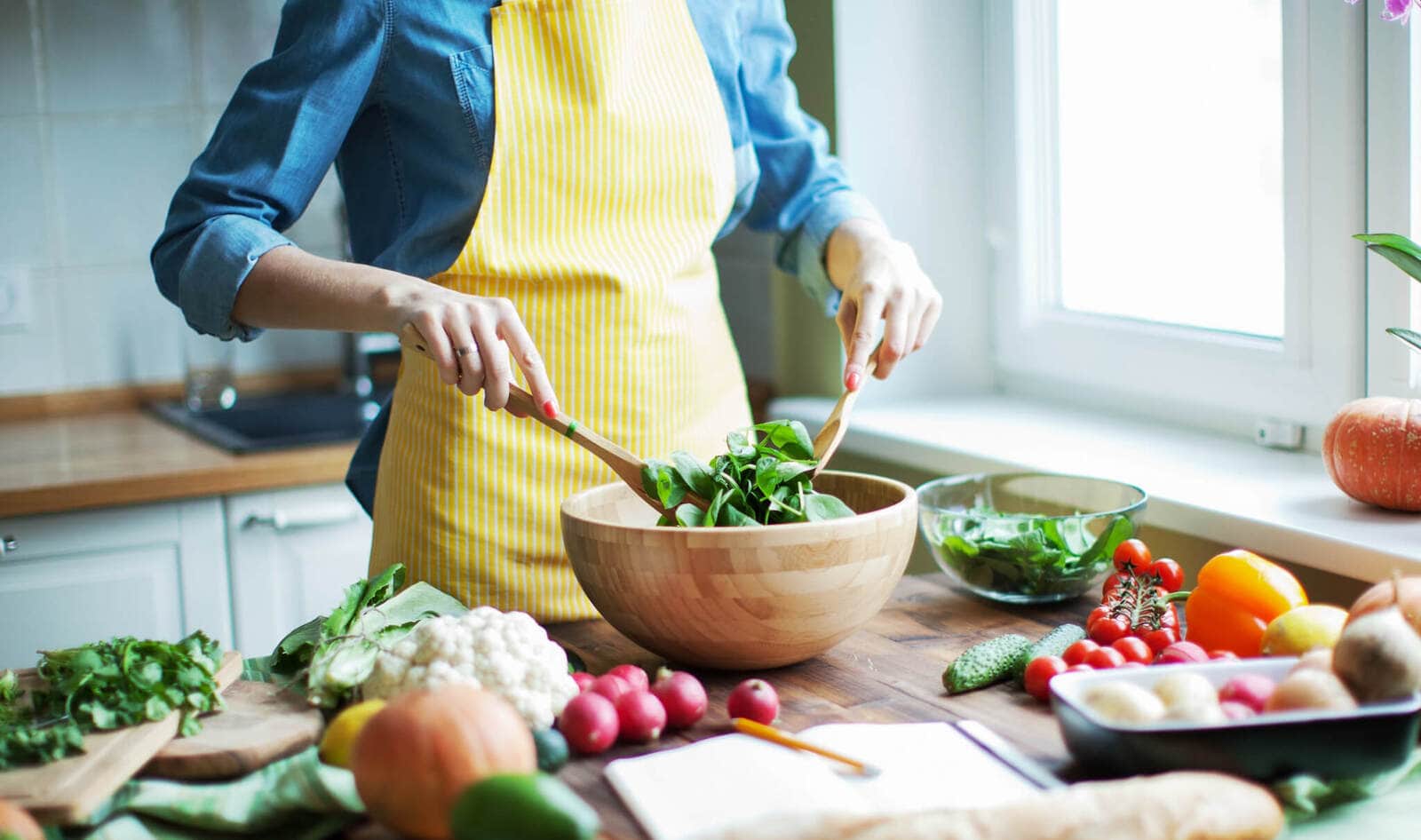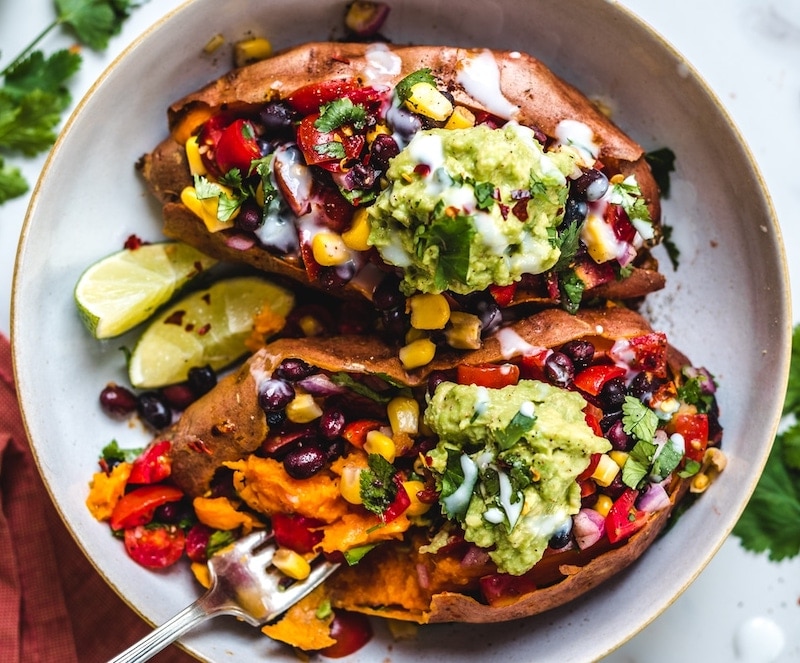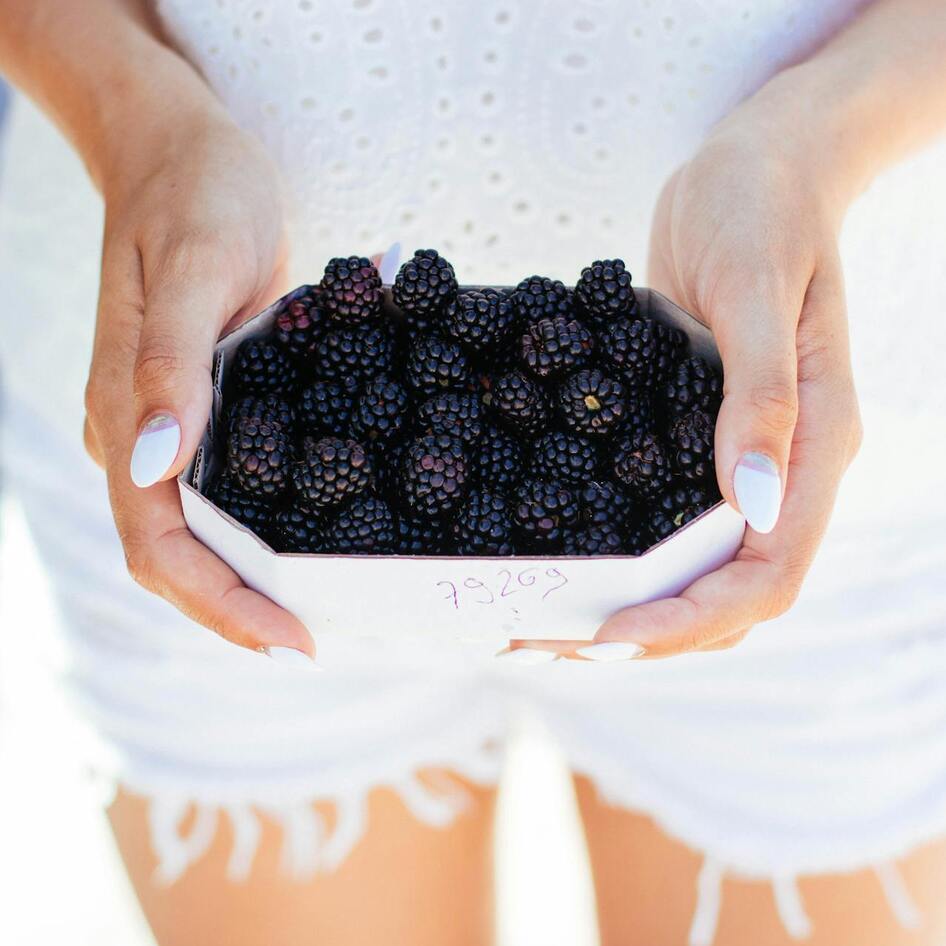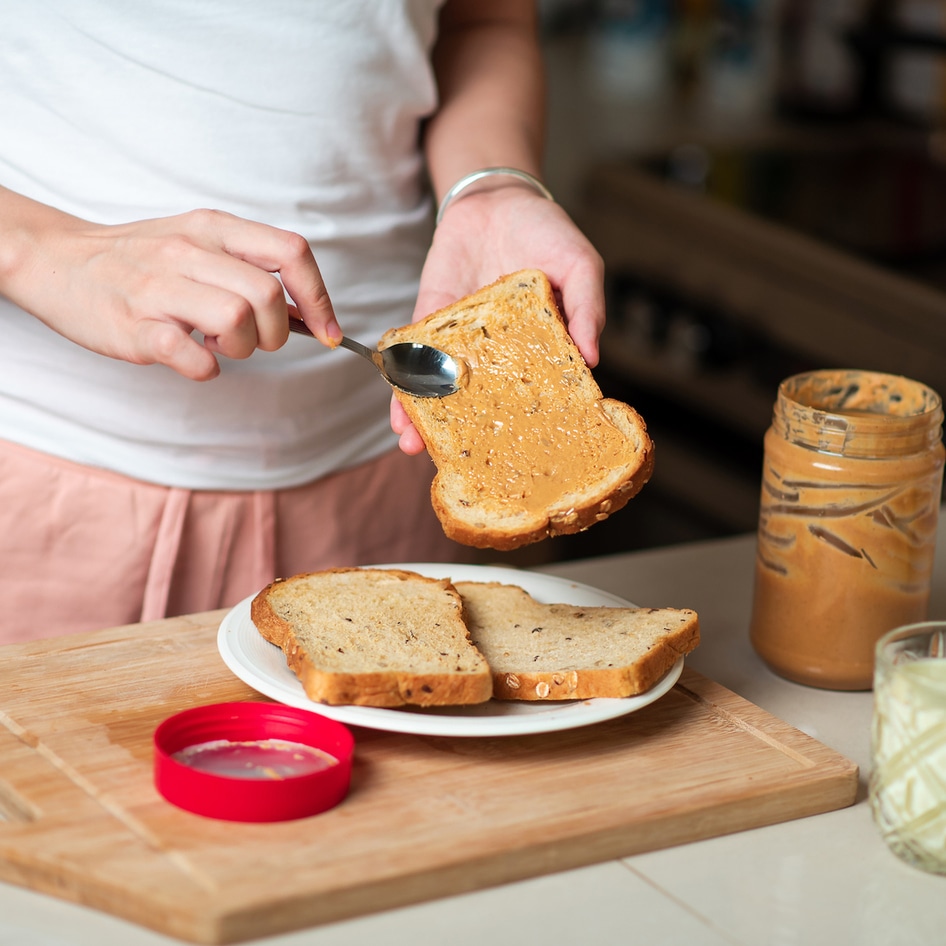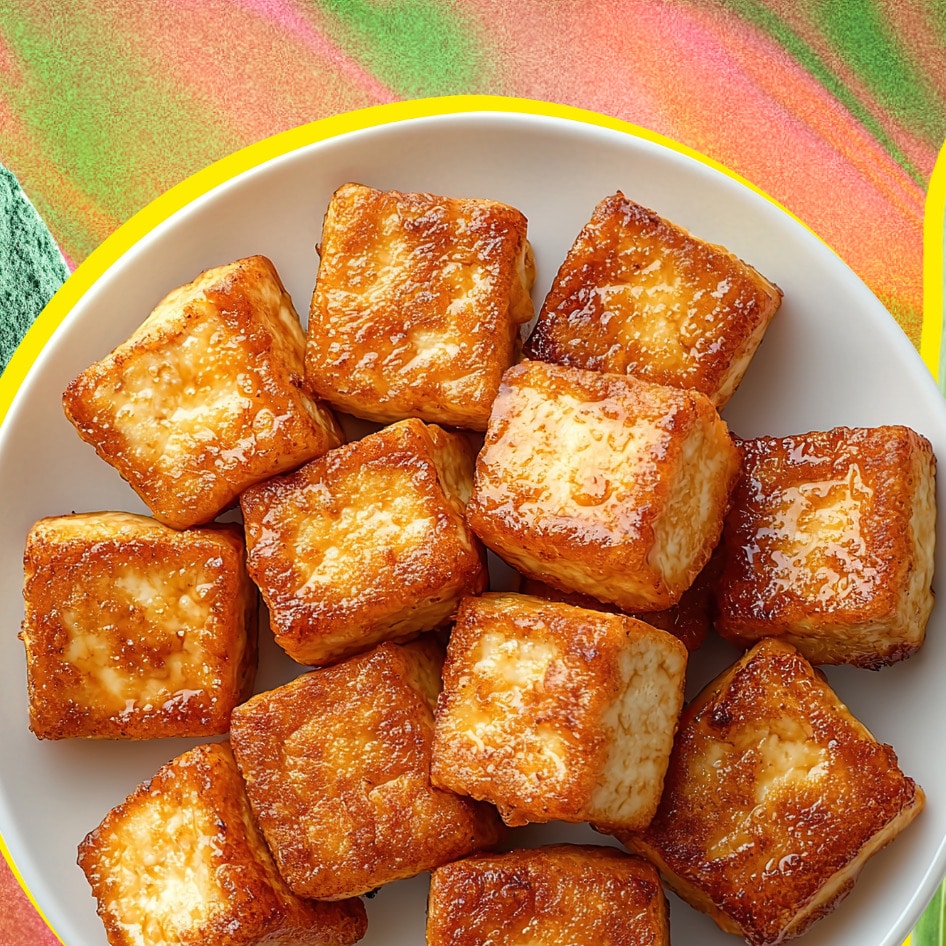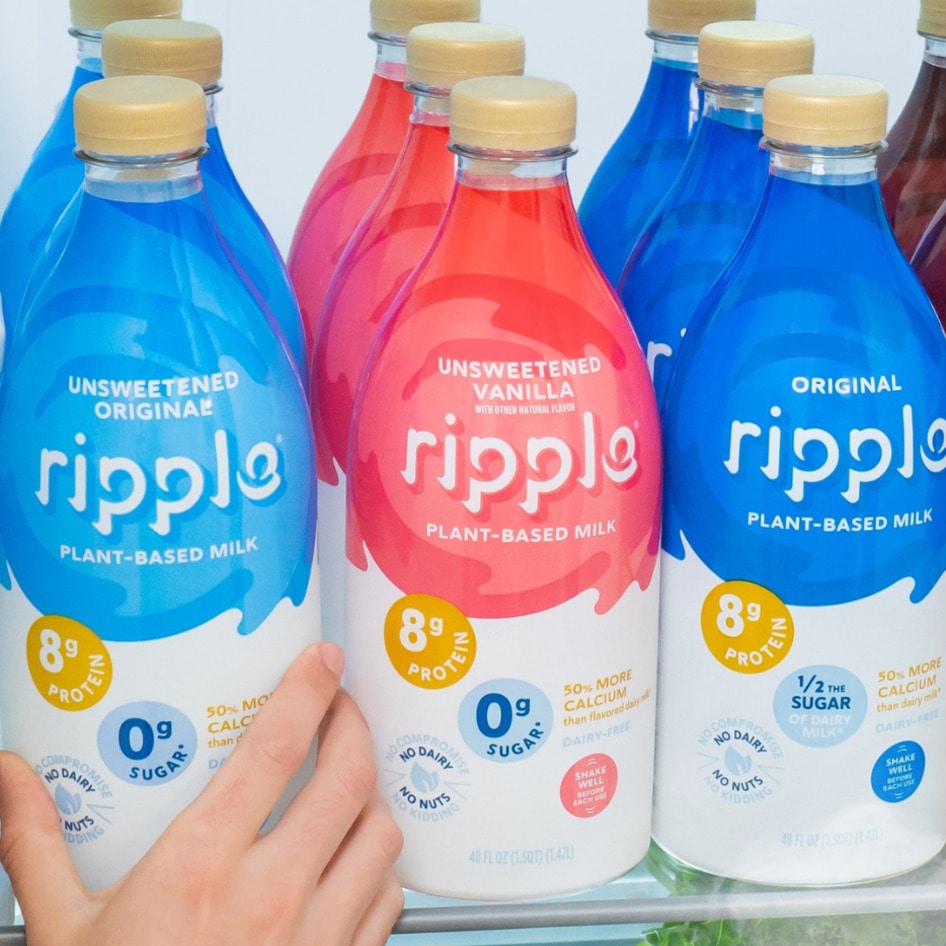How many times have you heard that you need to drink milk for strong bones? While your body does need calcium, there are better—and healthier—sources of calcium that come without the harmful effects of dairy. The marketing promoting milk and its “superior” calcium content is severely misleading. The truth is, you can get enough calcium on a vegan diet by eating calcium-rich foods.
How much calcium do I need?
Your calcium needs depend on your age and sex, says Stacie Hassing, RDN, LD co-founder of The Real Food Dietitians, and co-author of The Real Food Table. The average adult needs roughly 1,000 milligrams of calcium per day.
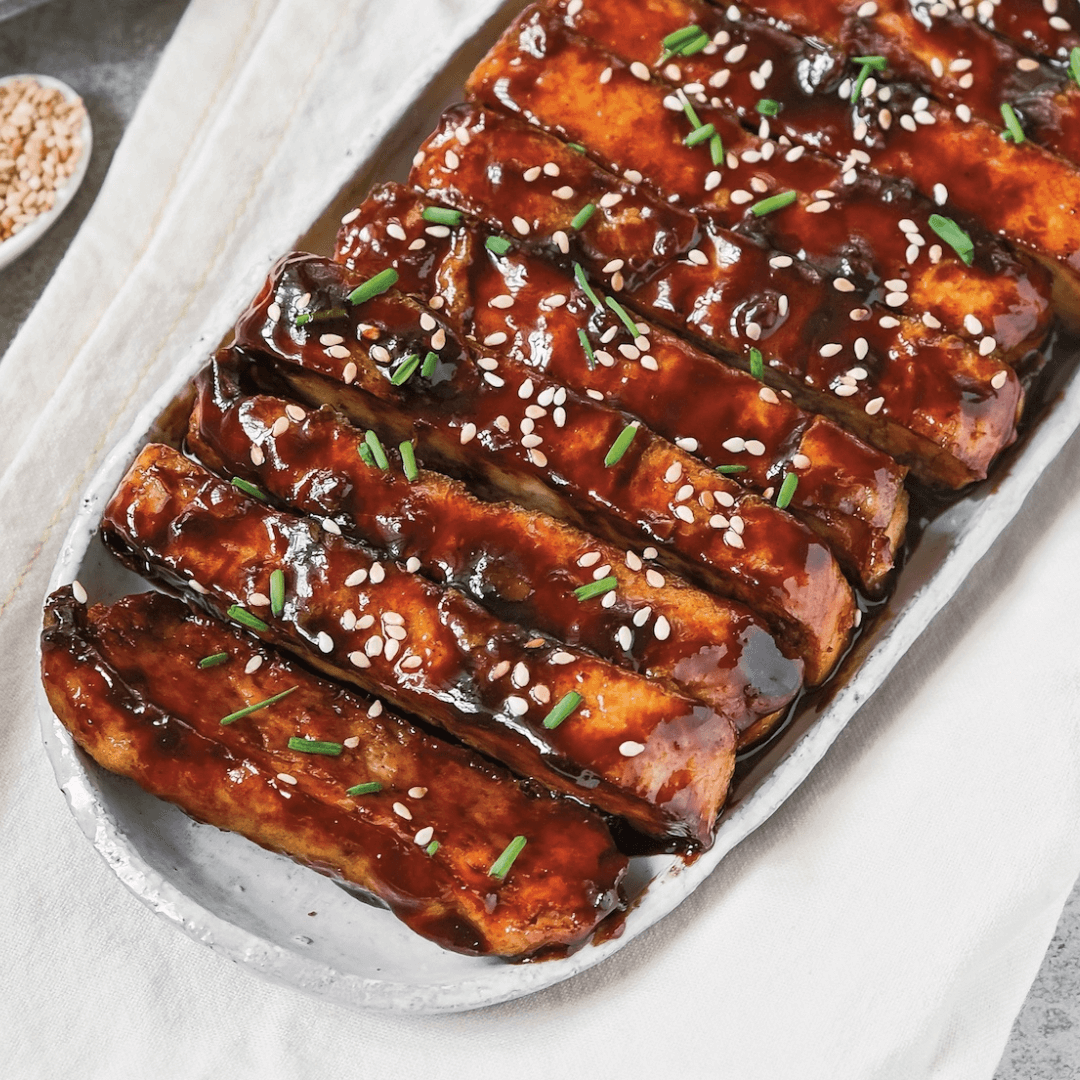 Jeeca Uy
Jeeca Uy
Yet, for women over the age of 50 and men over 71, that jumps to 1,200 milligrams per day. One point to remember? “Vitamin D is necessary for the absorption of calcium to take place in the body, which is why some foods like orange juice, milk, and some breakfast cereals are fortified with calcium and vitamin D,” she says.
Despite the incessant promotion of milk for its vitamin D content, this isn’t natural. All the vitamin D in cow’s milk is fortified, just as it is with many types of plant-based milk.
Calcium health benefits
One of calcium’s best-known benefits is maintaining and building strong bones and teeth, but it’s important for many other functions in your body. “Your heart, muscles, nerves, and circulatory system all require calcium to function properly,” Hassing says.
No doubt, maintaining healthy bone strength is important. Yes, it can help prevent broken and fractured bones when we have an accident, but it’s not just falling that can cause damage to our bones. Osteoporosis and osteopenia (the early onset of osteoporosis) cause the weakening and brittleness of bones.
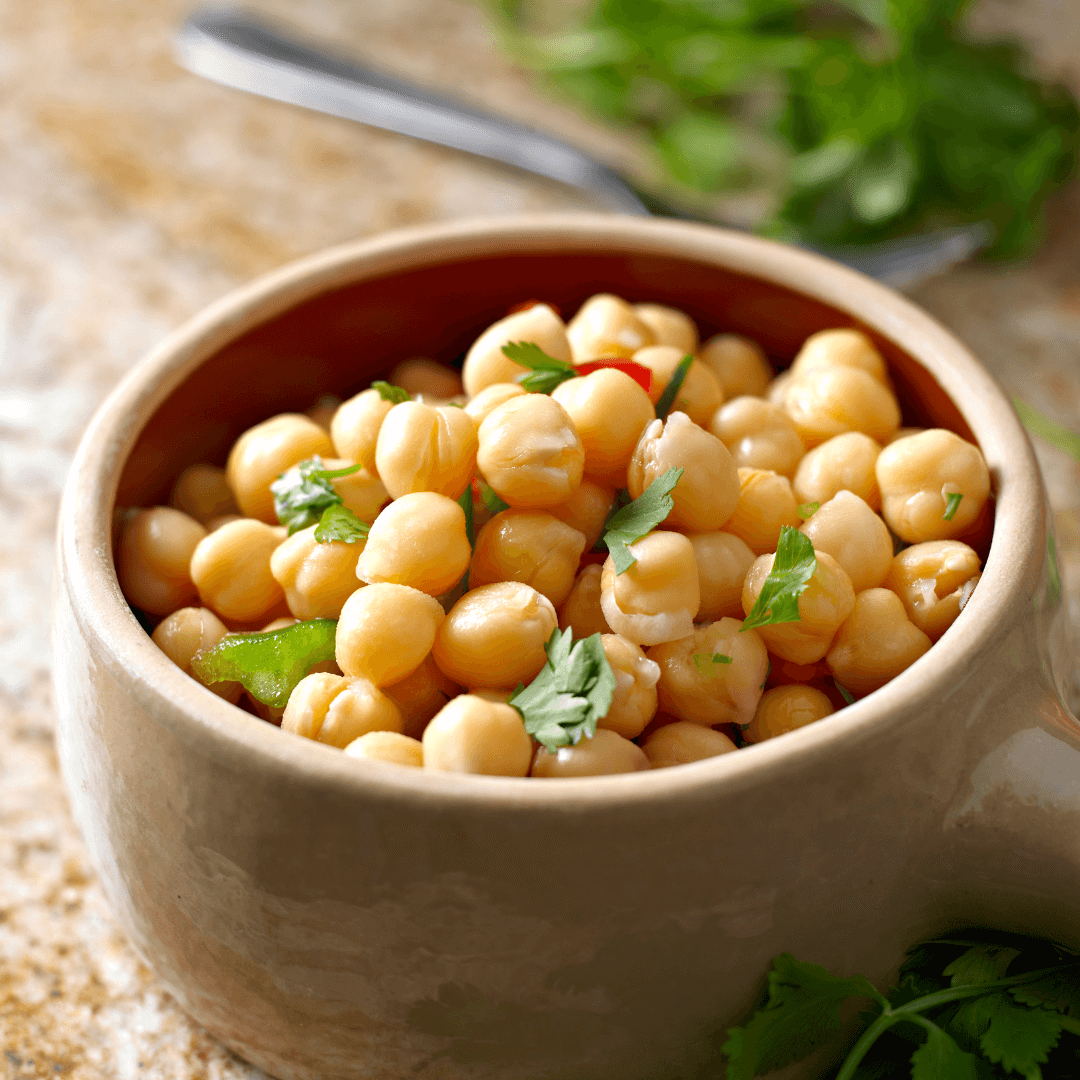 Canva
Canva
The disease tends to occur in older adults as humans lose bone mass as they age (starting in their 30s), but those first three decades of your life are opportunities to build a strong foundation to prevent osteoporosis.
Approximately 10 million Americans over the age of 50 suffer from the disease, but another 43 million have been diagnosed with osteopenia or low bone mass. While other lifestyle choices can be preventative (such as regular weight-bearing exercise), getting enough calcium surely helps.
But getting enough calcium isn’t just good for our bones. Research suggests it can also reduce the risk of cancer.
In January 2025, a major study published in the journal Nature Communications examined data from more than 542,000 women and suggested that consuming 300 milligrams of calcium each day could cut the risk of developing the disease by 17 percent. The researchers highlighted the calcium content of cow’s milk but also noted that other dairy-free foods that contain calcium also have the same effect.
“This comprehensive study provides robust evidence that dairy products may help prevent colorectal cancer, largely due to the calcium they contain,” Keren Papier, PhD, a senior nutritional epidemiologist at the University of Oxford, told The Guardian.
“Calcium was found to have a similar effect in both dairy and non-dairy sources, suggesting that it was the main factor responsible for cutting risk.”
Can you get calcium without milk?
A plethora of whole foods contain calcium, but some are significantly higher than others. It’s true that there is a significant amount of calcium in some animal products including cow’s milk, yogurt, sardines, and canned salmon with bones. However, an abundance of plant-based foods are also high in calcium.
“You can get all of the calcium you need from a vegetarian or vegan diet,” assures Robert Graham, MD, Chief Health Officer for Performance Kitchen and co-founder of FRESH Med in New York City.
What’s more, the calcium found in many plant-based foods such as dark leafy greens is more bioavailable than the calcium found in milk. The body absorbs approximately 33 percent of the total calcium in dairy, but a whopping 62 percent of the calcium in broccoli is absorbed upon digestion.
Other high-calcium plant-based foods include tofu, fortified nut milks, beans, kale, tahini, sweet potatoes, watercress, okra, chia seeds, and almonds, Graham says. You can also find many calcium-fortified orange juices and cereals at the supermarket.
10 vegan sources of calcium
While the list of calcium-containing plant foods is long, here are some of the best sources for vegans.
BECOME A VEGNEWS VIP: Get exclusive product deals, freebies, and perks galore!
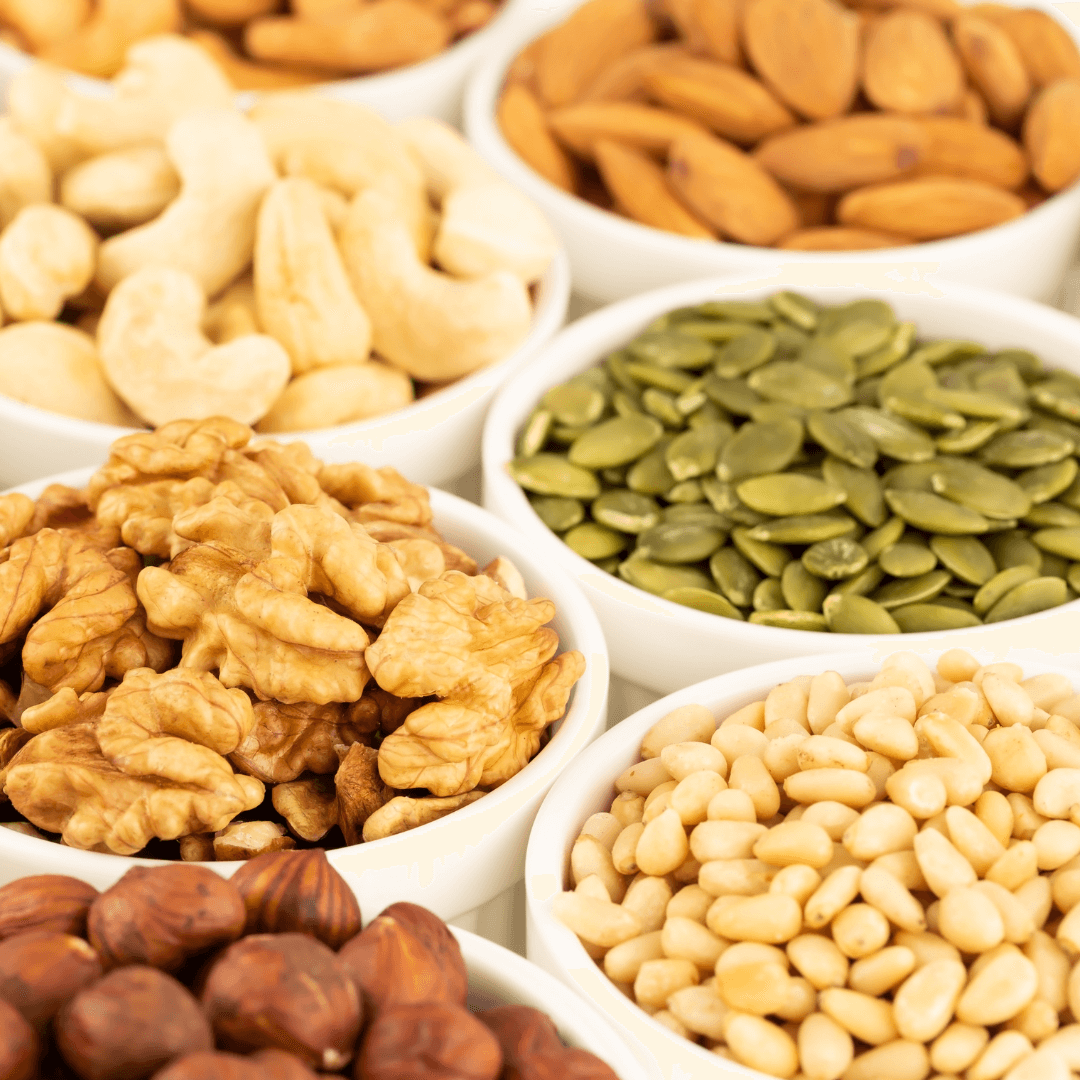 Canva
Canva
1 Nuts and seeds
When deciding between different kinds of nuts, opt for the almond to get the most calcium. While many nuts and seeds contain modest amounts of calcium, almonds reign supreme at 75 milligrams per 30-gram serving (about 20 almonds).
Hazelnuts come in at a decent 56 milligrams per serving, and while slightly lower at 42 milligrams per serving, tahini is a versatile and delicious way to up the calcium intake of any meal.
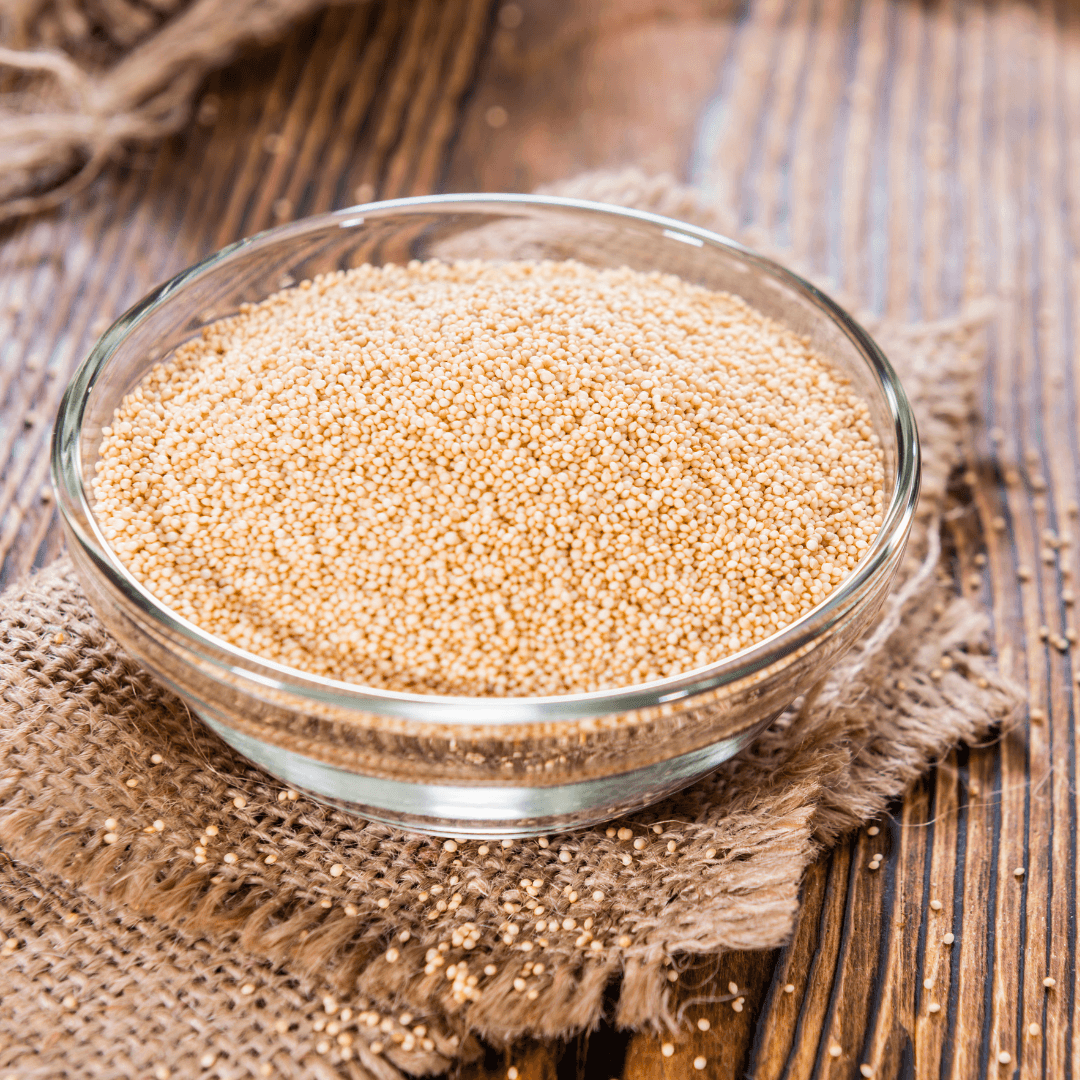 Canva
Canva
2 Amaranth
Swap out the quinoa with some amaranth from time to time. With 80 grams of calcium per one-quarter cup (dry), this ancient grain adds antioxidants, fiber, and a boost of calcium to any Buddha bowl. We also love to swap out a morning bowl of oats for this berry and almond amaranth porridge.
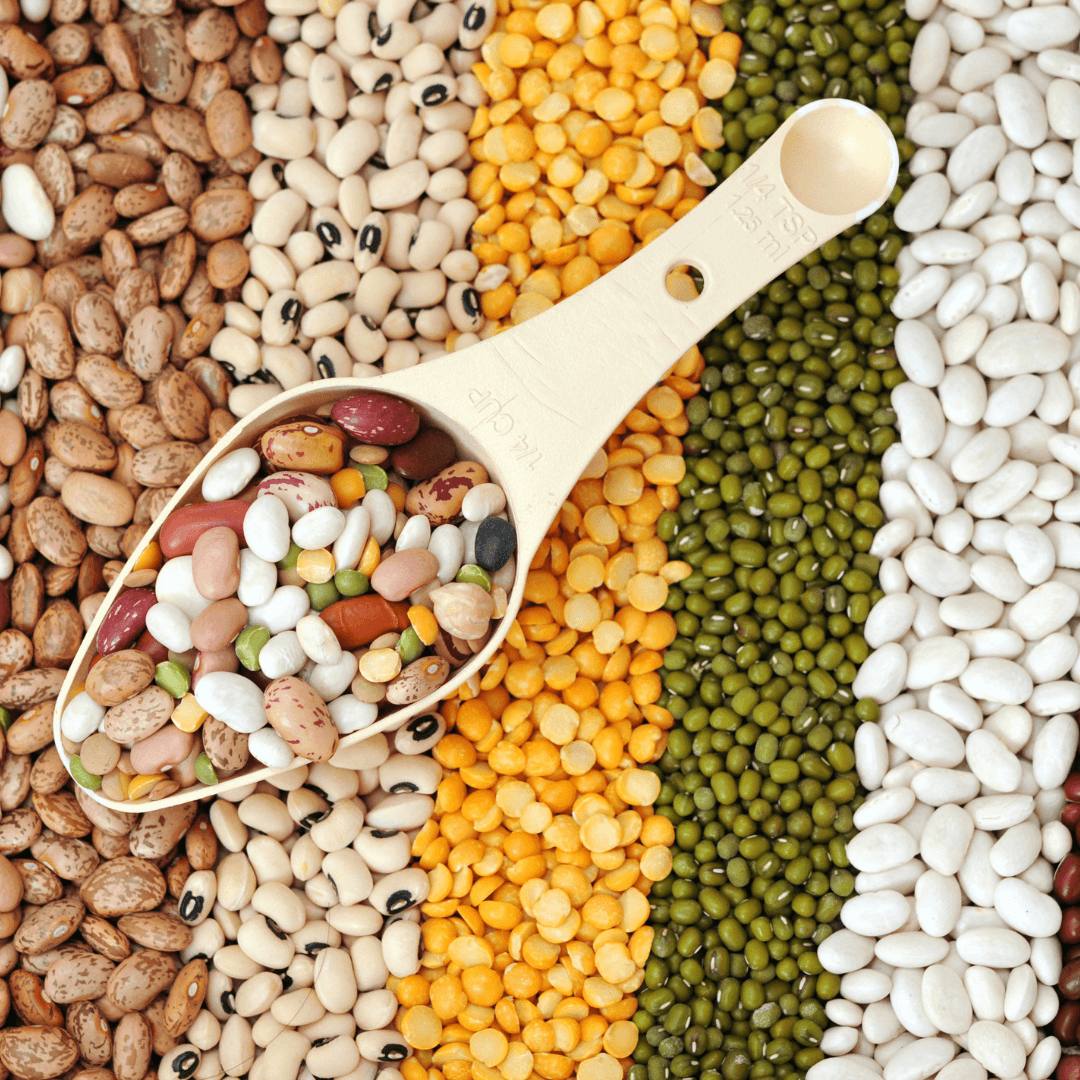 Canva
Canva
3 Beans
White beans (navy beans), kidney beans, and chickpeas are the calcium powerhouses of legumes. Navy beans top the charts at 132 milligrams of calcium per one-cup serving, and kidney beans and chickpeas follow with 93 and 99 milligrams, respectively. Use all three in a deliciously hearty combination of vegan chili.
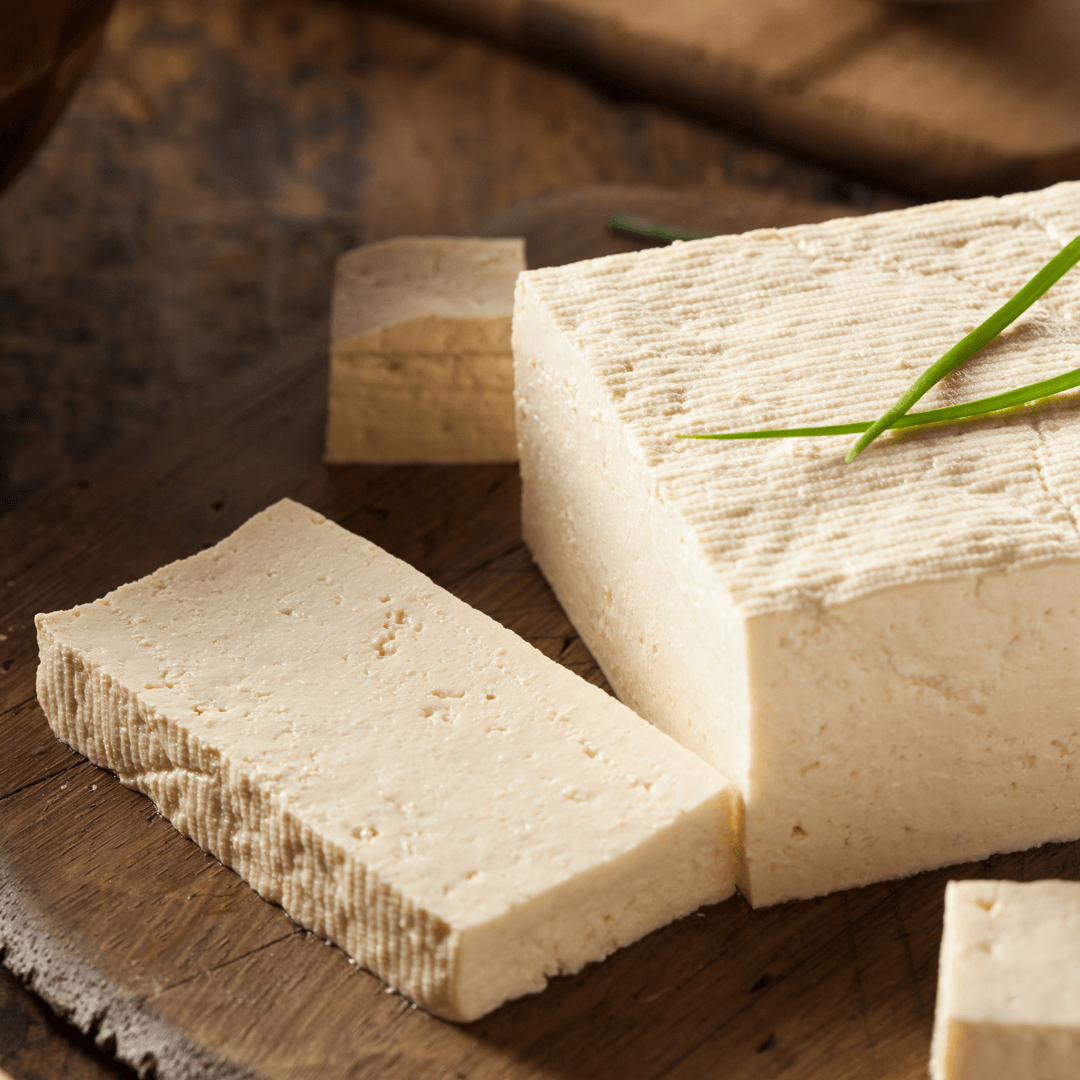 Canva
Canva
4 Minimally processed soy
Tofu, tempeh, and edamame are all stellar sources of vegan calcium.
Just one three-ounce serving of tofu clocks in 10 percent of the daily recommended amount of calcium, while tempeh supplies about six percent of what you need (78 milligrams per 2.5-ounce serving). One cup of edamame provides about nine percent of the daily recommended amount.
Soy milk is also a solid option. Not only does it naturally contain calcium, but many are also fortified with up to one-third of the calcium you need per day (that’s the same as cow’s milk).
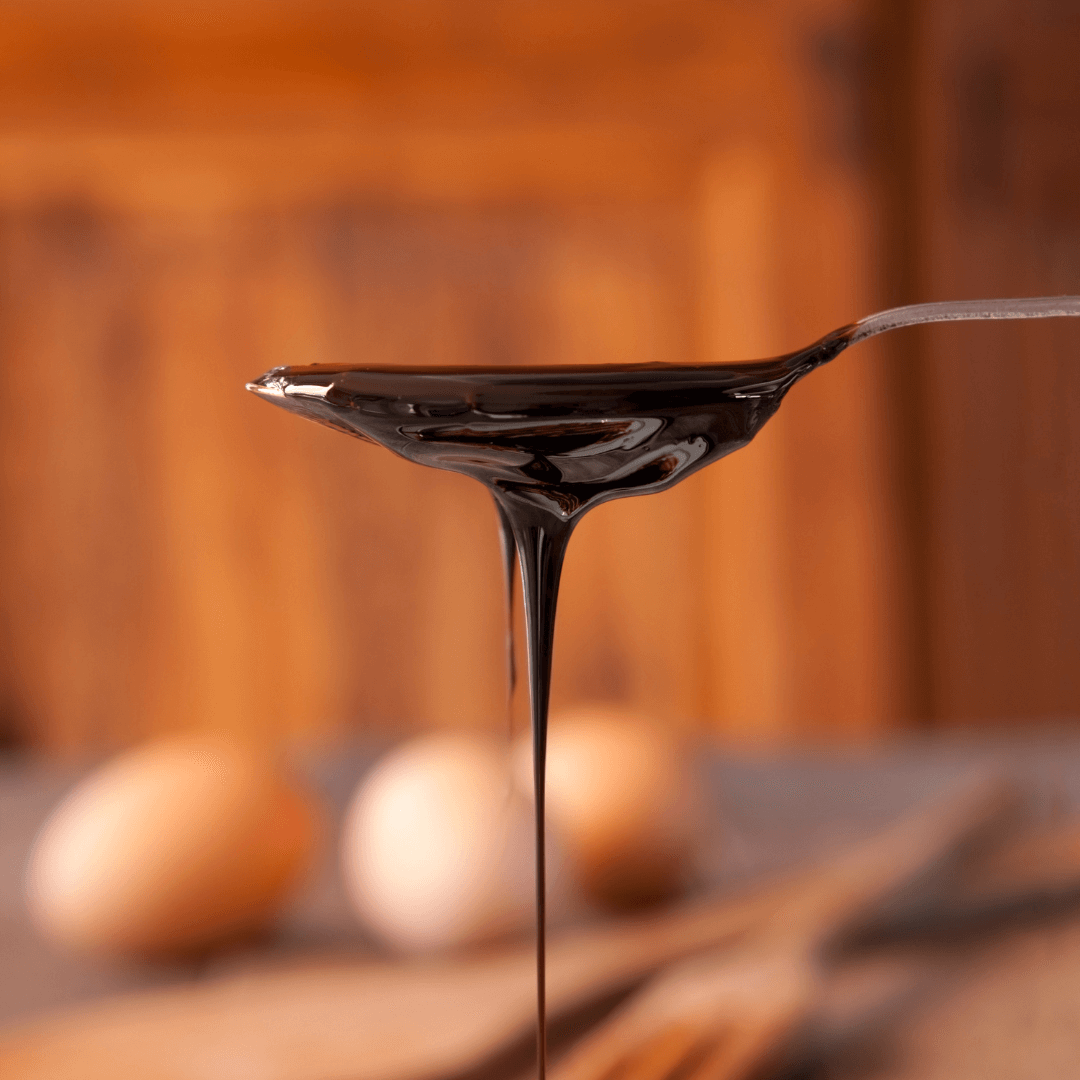 Canva
Canva
5 Blackstrap molasses
We wouldn’t recommend consuming a spoonful of molasses to fulfill your daily calcium needs, but this sticky substance can be incorporated in small amounts into a medley of delicious dishes.
Try whipping up a batch of nutty muhammara dip or baking a batch of this addictive pecan-walnut cinnamon granola. Just one tablespoon of the stuff contains 200 milligrams of calcium—20 percent of what most adults need each day!
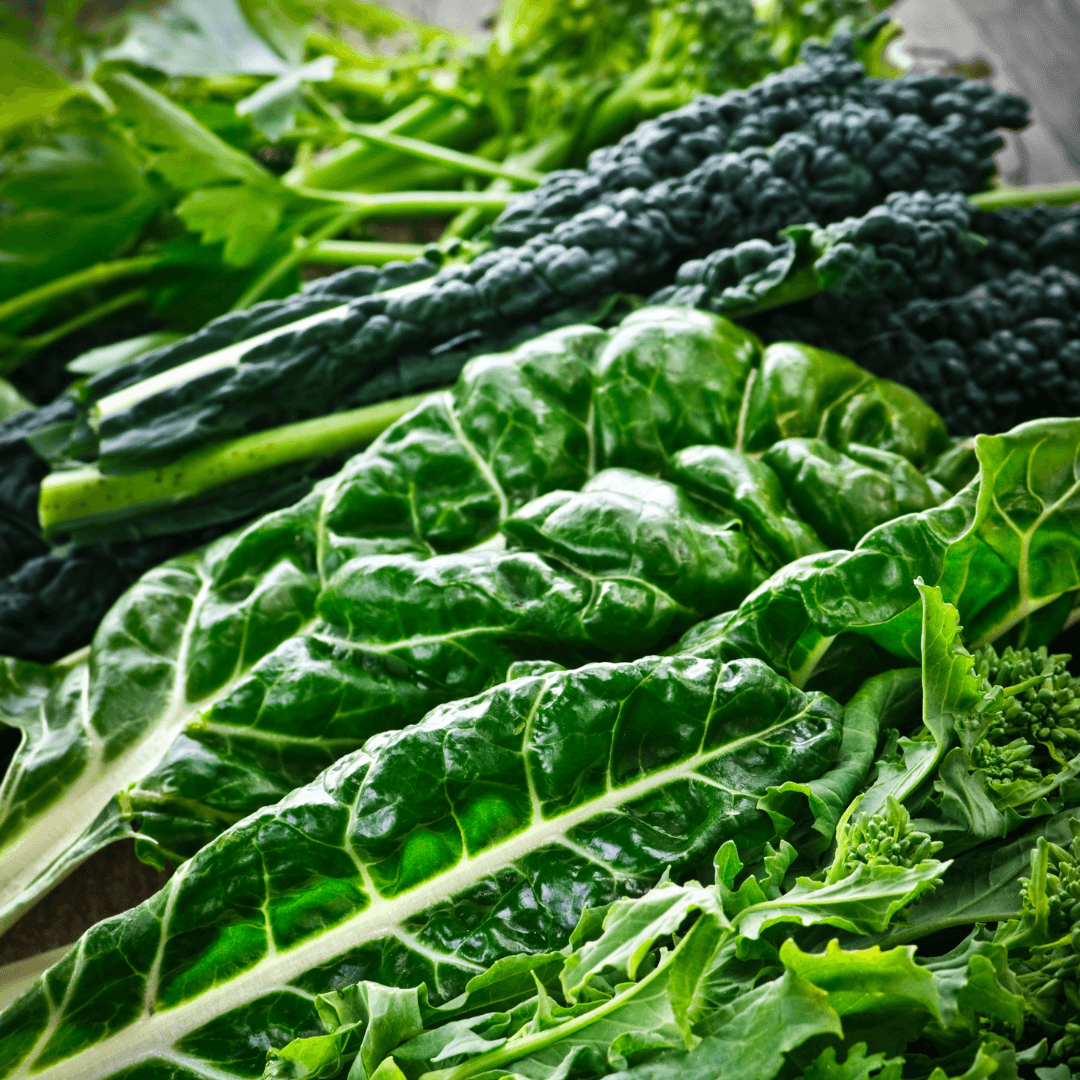 Canva
Canva
6 Dark leafy greens
There are countless reasons to up your greens intake—calcium just happens to be among them. A humble 120 grams of broccoli (a little over a cup) delivers 112 milligrams of calcium, and the typically underutilized okra contains 77 milligrams for the same amount.
Other dark leafy greens such as kale, collard greens, and bok choy also contain some calcium, though not quite as much as these two options.
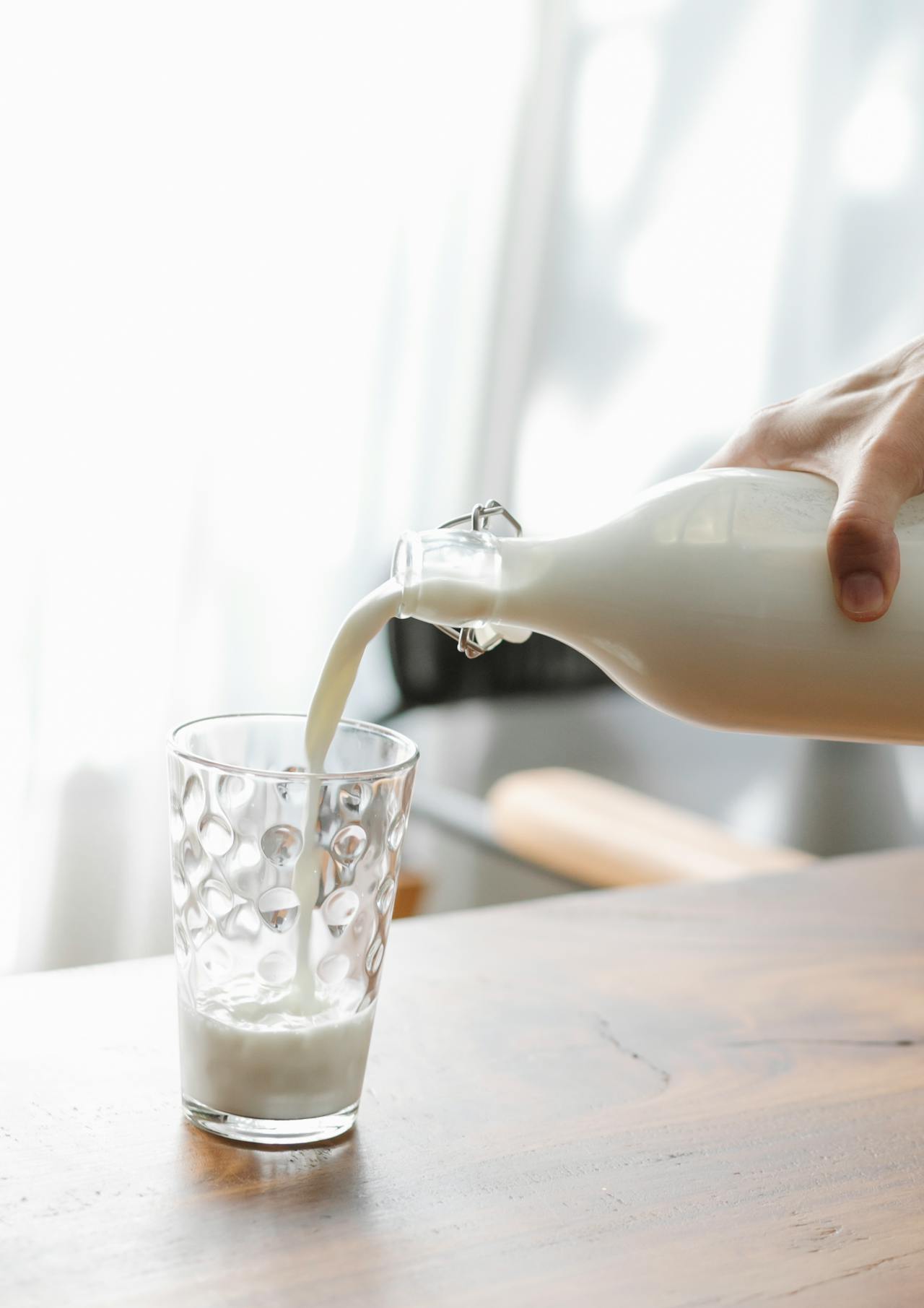 Pexels
Pexels
7 Dairy-free milk
Many plant-based milk products are fortified with calcium to help meet your daily needs. Per the American Society for Nutrition, almond milk, pea milk, and flaxseed milk all have more calcium than cow’s milk.
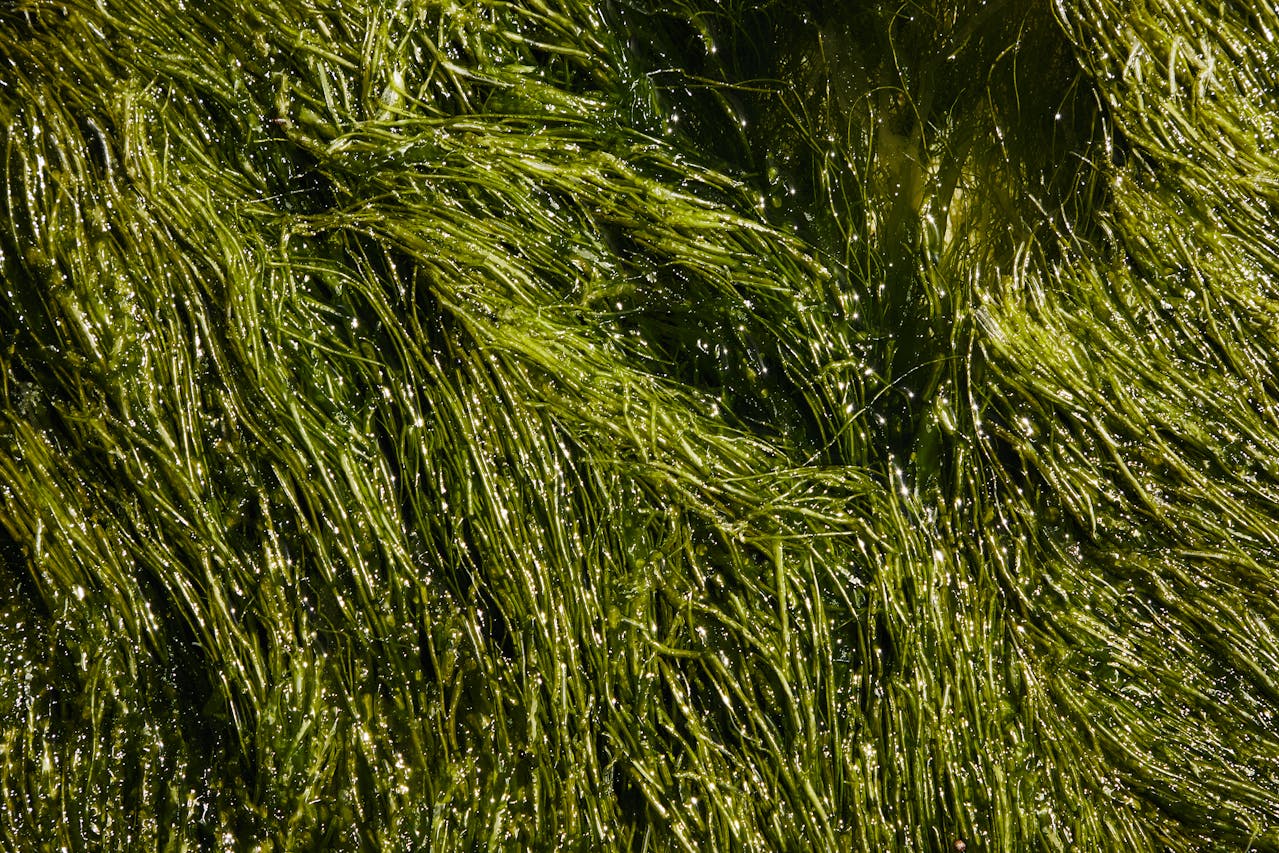 Pexels
Pexels
8 Seaweed
Seaweed, including kelp, nori, and wakame, is packed with essential nutrients. It’s one of the best plant-based sources of iodine, for example, and it contains iron and fiber. Plus, it contains a good dose of calcium, too.
Per 100 grams, wakame contains around 150 milligrams of calcium, for example, while kelp contains nearly 170 milligrams of calcium per 100 grams.
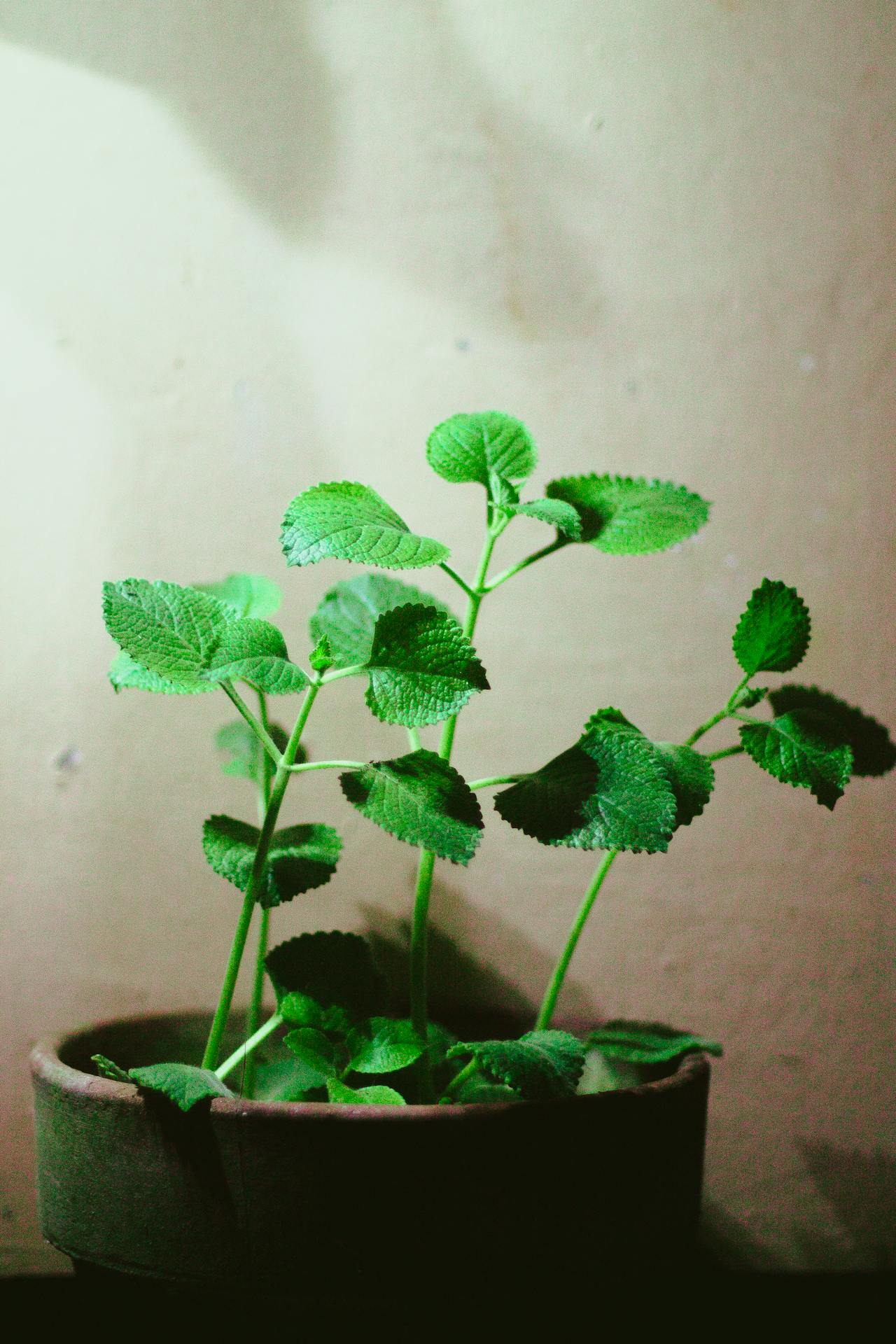 Pexels
Pexels
9 Herbs
Herbs are great for adding flavor to your cooking, but they’re also a good source of nutrients, too, including calcium. Take oregano, for example. One teaspoon of the popular Italian herb contains more than 28 milligrams of calcium. Other herbs that contain calcium include basil, parsley, and sage.
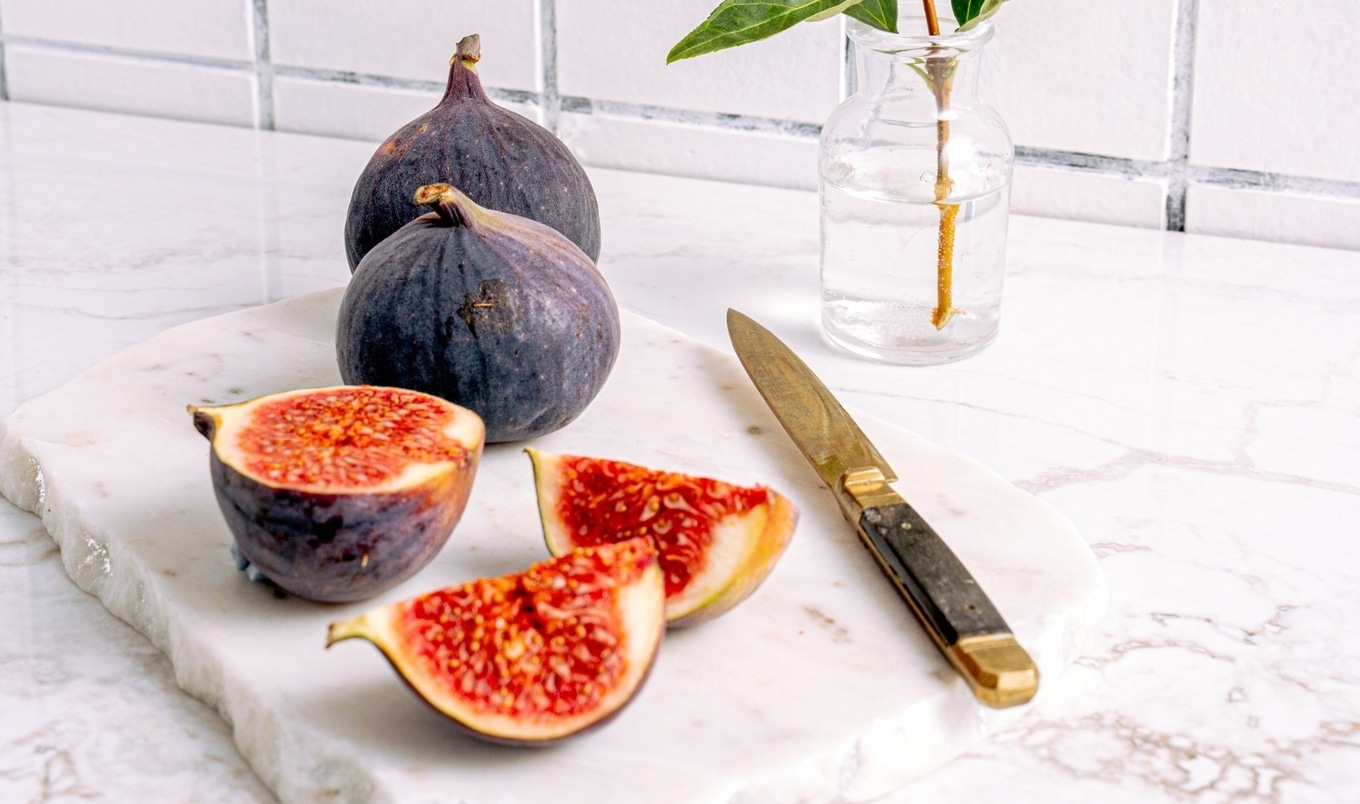 Pexels
Pexels
10 Figs
Fruits aren’t generally high in calcium, but one, in particular, stands out for its calcium content, and that’s figs. One 100-gram serving of dried figs contains more than 160 milligrams of calcium, for example, while around five fresh figs contain just over 70 milligrams.
What about vegan calcium supplements?
You may need to supplement if a blood test shows that you’re low in calcium. Yet because the standard American diet is 65-percent processed foods, Graham generally recommends supplementation for most Americans, especially women over the age of 50. “Calcium is absorbed best when you take 500 milligrams or less at one time,” he says, adding that current recommendations call for 1000 milligrams to 2000 milligrams in divided doses, ideally taken with vitamin D.
The only way to tell if you’re chronically low in calcium is through a blood test, Hassing says. Signs that you might be low in calcium include muscle cramping, brittle nails, easy hair breakage, poor circulation that causes tingling and numbness in your fingers and toes, and an irregular heartbeat.
If you’re concerned that your levels are low, talk with your doctor about getting a blood test. For most vegans, Graham recommends eating foods high in calcium and/or taking a calcium supplement to get all that you need.
For more plant-based stories like this, read:
JUMP TO ... Latest News | Recipes | Guides | Health | Subscribe
Here at VegNews, we live and breathe the plant-based lifestyle, and only recommend products we feel make our lives amazing. Occasionally, articles may include shopping links where we might earn a small commission, but in no way does this effect the editorial integrity of VegNews.

